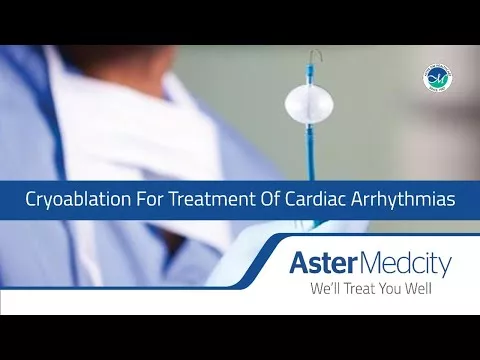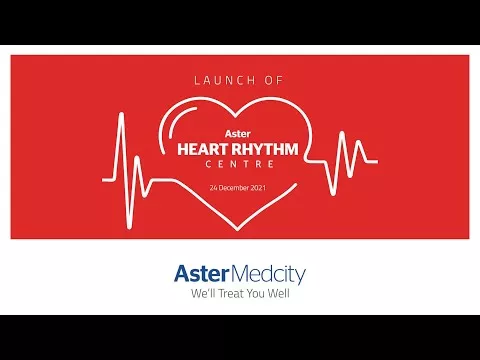What is cardiac electrophysiology study?
Cardiac electrophysiology study (EPS) is a specialized medical procedure performed to evaluate the electrical activity and conduction pathways of the heart. It is typically conducted by an electrophysiologist, a cardiologist with expertise in diagnosing and treating heart rhythm disorders.
During a cardiac electrophysiology study, the patient is usually sedated, and local anesthesia is administered to the site where the catheters will be inserted. Thin, flexible catheters are then threaded through blood vessels, usually from the groin or neck, and guided to the heart. These catheters are equipped with electrodes that can measure the electrical signals within the heart.
Once the catheters are in place, the electrophysiologist can map the electrical activity of the heart by recording and analyzing the signals. This information helps in identifying abnormal rhythms, conduction problems, or the source of an arrhythmia.
In addition to mapping, the cardiac electrophysiologist may also perform programmed electrical stimulation (PES) during the study. PES involves sending controlled electrical impulses through the catheters to induce and evaluate abnormal heart rhythms. This helps in diagnosing specific types of arrhythmias, assessing the risk of developing dangerous heart rhythms, and determining the effectiveness of anti-arrhythmic medications or devices such as pacemakers and implantable cardioverter-defibrillators (ICDs).
Cardiac electrophysiology studies play a crucial role in diagnosing and guiding treatment for various heart rhythm disorders, including atrial fibrillation, atrial flutter, supraventricular tachycardia, ventricular tachycardia, and certain types of heart blocks. Based on the findings of the study, the electrophysiologist can recommend appropriate treatment options, which may include medications, catheter ablation, or implantation of devices to regulate the heart's rhythm.
Why and when cardiac EP study is recommended?
A cardiac electrophysiology (EP) study is recommended in several situations where there are concerns about abnormal heart rhythms or conduction problems. Here are some common reasons why and when a cardiac EP study may be recommended:
- Diagnosis of Arrhythmias: When a patient experiences symptoms such as palpitations, dizziness, fainting, or rapid heartbeats (tachycardia) without an apparent cause, an EP study can help identify the underlying rhythm disorder. It is particularly useful when non-invasive tests like electrocardiograms (ECGs) or Holter monitors have not provided a conclusive diagnosis.
- Evaluation of Unexplained Syncope: Syncope refers to the sudden loss of consciousness or fainting. If a person experiences unexplained syncope, an EP study can help determine if an abnormal heart rhythm is responsible for the fainting episodes.
- Assessment of Arrhythmia Risk: In some cases, individuals may be at risk of developing dangerous arrhythmias, such as ventricular tachycardia or ventricular fibrillation. This can occur in certain heart conditions, including structural heart disease or a previous heart attack. An EP study can help assess the risk of such arrhythmias and guide appropriate treatment decisions.
- Treatment Planning: If a patient has a known arrhythmia, an EP study can provide valuable information for treatment planning. It helps identify the precise location or origin of the abnormal rhythm, enabling the electrophysiologist to target that area during a catheter ablation procedure.
- Evaluation of Response to Treatment: For individuals undergoing treatment for arrhythmias, an EP study can be performed to assess the effectiveness of anti-arrhythmic medications or prior catheter ablation procedures. It helps determine if further intervention is required or if adjustments to the treatment plan are necessary.
It's important to note that the decision to undergo a cardiac EP study is based on individual patient circumstances and should be made in consultation with a cardiologist or electrophysiologist. They will evaluate the patient's symptoms, medical history, and other diagnostic test results to determine if an EP study is necessary to provide a more accurate diagnosis and guide appropriate
FAQs
At Aster Hospitals we provide the highest quality of care and a transformative experience for all your healthcare needs. With our network of multi-speciality hospitals, specialised doctors, and world-class technology, we bring global standards of medical care to our patients.
Is the cardiac electrophysiology study painful?
Patients are usually given local anesthesia at the catheter insertion site, so the procedure itself is generally not painful. However, some patients may experience discomfort or a sensation of pressure when the catheters are moved inside the heart. Sedation is often administered to help patients relax during the procedure.
How long does it take to recover from a cardiac electrophysiology study?
Recovery time can vary depending on individual factors and any additional procedures performed. Most patients can resume normal activities within a day or two, but it's important to follow your doctor's instructions regarding rest, physical activity, and wound care.
Blogs
The source of trustworthy health and medical information. Through this section, we provide research-based health information, and all that is happening in Aster Hospital.








